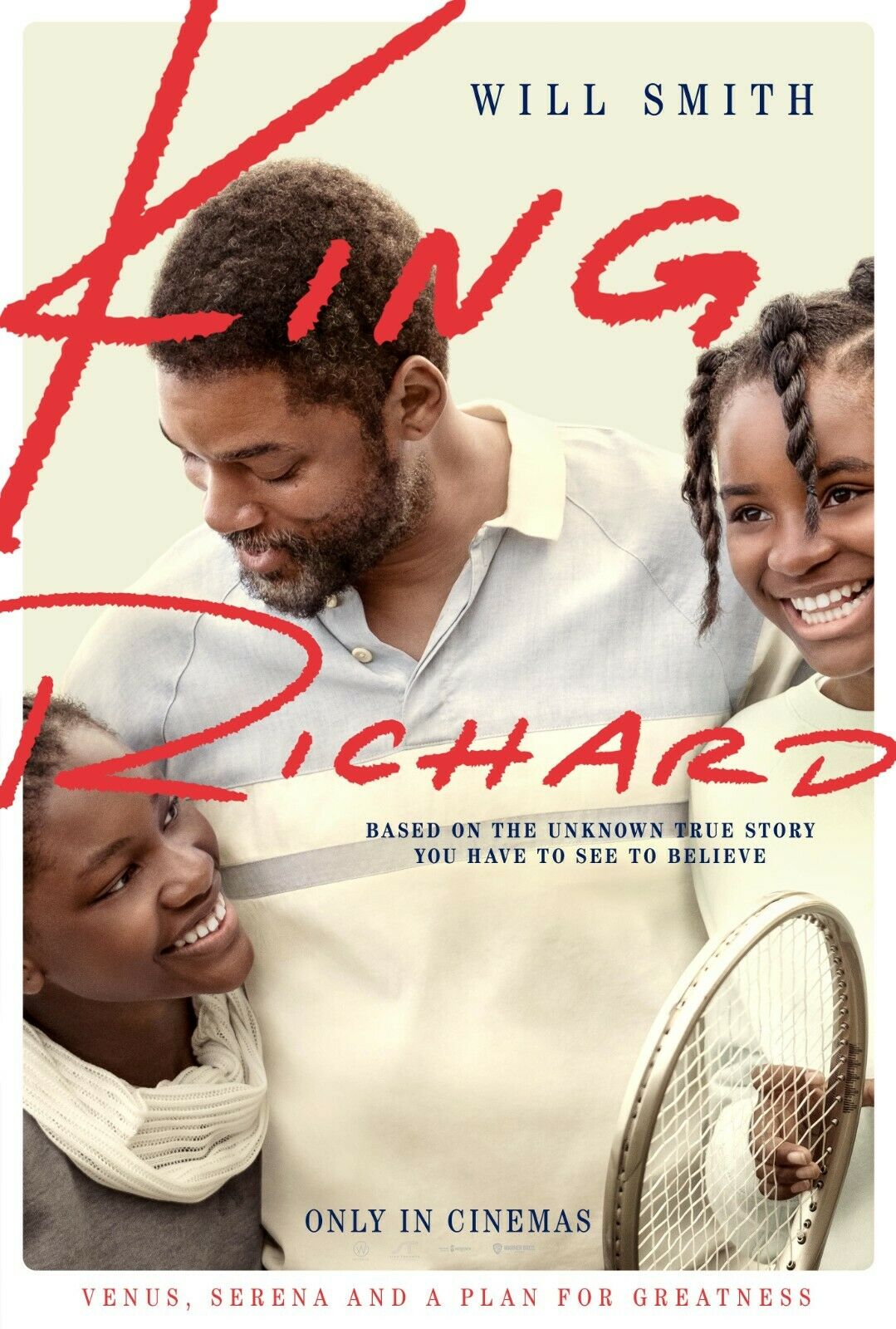The best documentaries, rather than bombarding you with facts or indulging in endless repetition, allow you to draw your own conclusions. Sometimes you might take the opposite view to that expressed by the filmmakers. Or perhaps the producers were being deliberately ironic in entitling this Never Give In when one of the most notable features of the early part of the career of legendary British football manager Alex Ferguson is that he did the opposite.
Possibly, his own experience permitted to understand better the temptations lying in wait for the young players in his charge. For as a young player himself Ferguson went by his own admission “off the rails” and committed an act, somewhat glossed over in humorous fashion, that under his own regime would have been more heavily punished.

He was not, except for a couple of years, a great player. Signing up part-time for St Johnstone involved a four-hour-plus round trip to Perth three times a week, getting home at 1am and rising at 6am for his full-time job as an apprentice toolmaker in Glasgow. Over four years he notched up relatively few appearances, turning out for barely one-quarter of the team’s games, and so disillusioned that he started enjoying the nightlife in his hometown, even breaking the unwritten code of drinking the night before a game.
Because he couldn’t be bothered going all the way to Perth for a game for the reserve team he got a pal to pretend to be his mother and call the manager to say he was ill. The ruse was rumbled and, ordinarily that would have been the end of a less-than-promising career. But, through injury, the team was short a striker, Ferguson’s position, and the game was against Glasgow Rangers, whose ground was close to the footballer’s home.
The gods were on his side. He scored a hat-trick, won a transfer to another team where he did far better and eventually was signed for a record fee by Rangers. He fell out with them because he failed to carry out the job of man-marking an opposition player who scored a vital goal in a Celtic-Rangers derby. He doesn’t blame himself for this fundamental error but assumes that the club had decided to freeze him out for sectarian reasons, forgetting for the moment this was the same club that defied sectarian opinion in forking out a record fee for him in the first place. Big-time career over he eventually found his way into management and when the gods shined on him again made the most of it.
Ferguson, effectively the narrator, looking back on his career after his near-fatal brain haemorrhage, doesn’t always draw the same conclusions as the audience, which is always the main ingredient of the better documentary.
Ironically again, for a man who built, courtesy of Harvard, a post-managerial career as a wonder communicator, that aspect of his personality was occasionally lacking. His father refused to speak to him for the two years when he was throwing his career away by falling victim to temptation, a presumably the intemperate youngster was not going to be the one to heal the breach.
Lack of communication was the consequence of another incident at Manchester United when he dropped out-of-form goalkeeper Jim Leighton, who had previously saved the manager’s bacon countless times with his displays between the posts, for an F.A. Cup Final replay. Leighton never spoke to him again. Ferguson’s response: he did the right thing.
What comes across most effectively, though not quite in the manner Ferguson suggests, is his ability to bring a team together. Famously, he created a siege mentality at Old Trafford, “us against them.” What underscores that of course is “us vs ego,” the team rather than the individual, no player, as he so often stated, more important than the team, and on the few occasions that did occur quick to dispense with the player’s services.

One of his methods of bonding individuals from disparate backgrounds was to call on shared memory, not the water-cooler kind of shared experience, but to get his players to recall their working-class backgrounds, their fathers and grandfathers who had done decades of hard graft, in jobs, such as Ferguson’s own father, in shipbuilding, or mining, or mindless factory work, and of mothers who made sacrifices to ensure a child’s future and of both parents who invested so much time and money either shuttling their offspring to endless football matches or watching every single game they ever played before any manager came calling.
In a post-operative state, Ferguson hit on the single most important aspect of memory, not so much remembering who you are, but recalling in detail who are the people around you, and where they fit into your life, and you to theirs, and of your shared experiences, that unique bond, where the individual is less important than the family.
Ferguson, in the light of his achievements, probably deserves a 10-part documentary. But this will certainly do for a start, not the first documentary made about him, but the one that touches most on the subjective rather than the objective view. Given our later image of him as a dour individual it’s refreshing to catch glimpses of his younger self galloping across a pitch in sheer delight. While he doesn’t quite own up to his failings, they are revealed nonetheless.
I must confess that, having been given access to Amazon and being a proud Scot, this was my first port of call rather than, say, Lord of the Rings or the many contemporary films now streaming. Thereafter, one sneak peek at The Rings of Power was enough, the portentous dialogue about how ships float put me off entirely.














